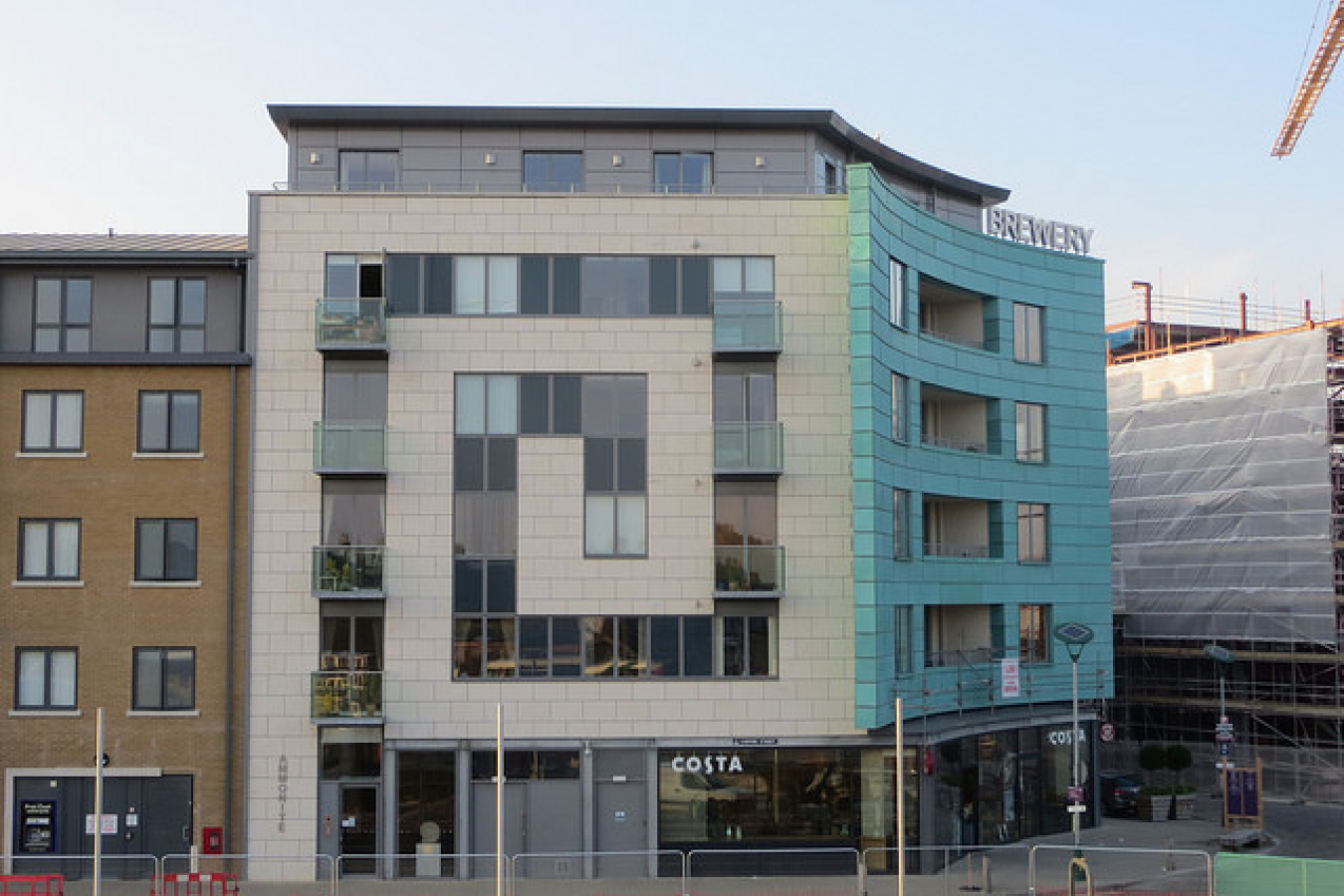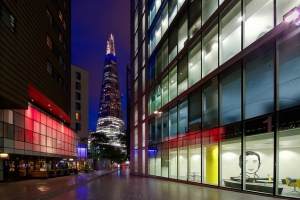Support migrant centric journalism today and donate

 Watch This Video
Watch This VideoInitial government statistics show that, in the first three months of this year, about 8,000 citizens of the two new EU accession States have come to the United Kingdom, applied for and been granted worker registration certificates and accession worker cards.
9,305 applications for worker registration certificates were submitted, of which 7,120 were approved. Just under 4,600 were from Romanians. In addition, 1,115 of the new European Union citizens applied for accession worker cards, of which 815 were approved.
In addition to these longer term workers, 2,400 more have taken advantage of the agricultural worker scheme and come in for seasonal work.
Ministers have set the limit for the number of work visas to be granted to unskilled workers from Romania and Bulgaria at 20,000 a year.
Controversy in Numbers
Other evidence demonstrates clearly that the total migration into the UK by nationals of these countries is much larger.
Due to EU treaty rights regarding freedom of movement, these statistics do not include the full number of Bulgarians and Romanians who have entered the UK; they are only the numbers granted official documents to work in the UK.
A sizeable number of newcomers are thought to be self-employed and not registered as workers. The Home Office relies on household surveys, exclude anyone who lives in a hostel, works awkward hours or is not confident in English.
Officially, the Home Office reports that the total number of A8 immigrants (joined the EU in May 2004) plus those from the new Member States from 01 January of this year is up to 638,000. This is an increase from the official estimates of about 570,000 from last fall (A8 countries only), but still well below the 800,000 to 1,000,000 that Migration Watch UK has been estimating over the past several months.
Part of the discrepancy is explained by the fact that the Home Office does not track self-employed EU citizens who are in Britain. It is thought that a large number of people in this category work the construction and services industries.
Using the official numbers, there has been a total increase (workers plus non-workers) of about 68,000 migrants entering the UK in approximately the last six to eight months from Eastern Europe.
Based upon the much lower migration rates from the A8 countries recently, some analysts are estimating that the total influx of Romanians and Bulgarians is about 50,000.
Different Methodologies
Figures from the Office for National Statistics (ONS) show 60,000 citizens from the two Eastern European countries arrived in Britain in the three months to February, compared with 23,000 for the same period in 2005/06. They are estimating that approximately one in 10 Eastern Europeans, or 2,000 a month, arriving at Britain's ports and airports plan to stay for more than three months to work or study.
In June last year Migration Watch estimated that up to 300,000 citizens from those countries could enter Britain in the first 20 months of their accession. These estimates were based upon an assumption of no restrictions on work and entry for Romanians and Bulgarians similar to the A8 expansion in 2004. In particular, they used Poland as a model for economic and population similarities.
Other sources have published that they believe up to 50,000 nationals from Romania and Bulgaria are arriving each month.
By looking at the total number of visitors in the first quarter of 2006 (540,000) and comparing that to the total for the first quarter of 2007 (680,000), it is demonstrated that a 25% increase has occurred. These numbers are for the total number of people entering for any reason, permanent or temporary.
They do not factor in how many people leave, and they come from the International Passenger Survey, which has historically suffered from poor accuracy.
By assuming that nearly all of the increase in entrants are from Bulgaria and Romania, these analysts have arrived at the "up to" 50,000 per month figure of gross inflow.
In March 2007 some 230,000 visitors arrived from the member countries of Eastern Europe, 57,000 more than in the same month last year.
Critics of the Government's immigration policies were quick to use the new figures in their favor.
Robert Whelan, of the conservative-leaning Civitas think tank, said, "We just don't have an immigration policy. Anyone who wants to come can come.
"Everybody knew that expanding the European Union would lead to a flood of new migrants.
"The Government kept denying the numbers would be significant, but they are significant.
"This is not a sudden boom that will die away. This is permanent. There is no end in sight to high levels of immigration, and the Government has no will or means of tackling it."
For comparison, the International Passenger Survey figures for all overseas visitors entering Britain show a rise of 2% in the three months to March of this year, a total of 8.5 million.
The ONS figures showed slightly different. The number of people traveling to Britain from Eastern Europe, Malta and Cyprus continues to rise for the three months to February, up from 598,000 in 2006 to 690,000 for this year, an increase of about 16%, rather than 25%.
32.3 million people visited the UK in the 12 months up to February, a 7% increase over the previous year. The number of UK residents going abroad rose by 2.5% to 66.8 million.
Disagreement in the Government
The Shadow Immigration Minister, Damian Green, said that "These figures demonstrate we were right to call on the Government to use the powers available to them to place restrictions on the numbers coming here from these two countries.
"Immigration can be of real benefit to the country but only if it is properly controlled including taking into account its impact not just on the economy but on the wider public service infrastructure."
Greg Hands, MP from Hammersmith and Fulham, called for the limits to be scrapped. His position is that the regulations, which affect a relatively small number of people, are easy to bypass. This results, he maintains, in unfair discrimination, treating the migrants as "second class citizens" and encouraging people to work illegally.
"I strongly favor there being equal access to all citizens of European Union countries to the UK labor market.
"I am not approaching this debate with a general belief that the UK should loosen its immigration controls - but I strongly believe the restrictions on Bulgarians and Romanians are wrong, counter-productive, expensive and chaotically administered."
Related:
• Sectors Based Scheme requirements updated for Bulgarians and Romanians• UK Seasonal Agricultural Workers Scheme extended for Romanians and Bulgarians
• UK farmers want to keep SAWS program open to all
• Sector Based Scheme quotas for Bulgaria and Romania
• Quotas reached for UK Sector Based Scheme
• UK Seasonal Agricultural Workers Scheme extended for Romanians and Bulgarians
• Migrant workers in the UK have brought many benefits
• Profile of new EU-27 nation, Romania
• Profile of new EU-27 nation, Bulgaria
• Spain may already have 600,000 illegal Romanians
• Spain reaps large benefits from legal and illegal immigration
• Spotlight - Free movement of labor: a basic right of the EU
• European Union looks to integrate immigrants





















